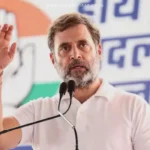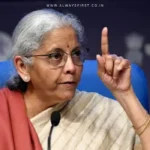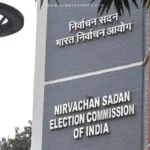
Key Points
- New Draft Guidelines Released
- The government, led by Prime Minister Narendra Modi, unveiled the draft Digital Personal Data Protection Rules, following the approval of the Digital Data Protection Bill, 2023, passed over a year ago.
- The draft focuses on safeguarding personal data while maintaining flexibility, as it does not mention penal actions for violations.
- Parental Consent for Minors
- Children under 18 years of age will require explicit parental consent to use social media platforms, aligning with the act’s mandate for ensuring minors’ data protection.
- Data fiduciaries—entities handling personal data—must verify parents’ identities before processing children’s data.
- Responsibility of Data Fiduciaries
- Entities such as e-commerce platforms, social media, and gaming companies classified as fiduciaries will have to:
- Obtain verifiable consent from parents.
- Retain personal data only for the duration of consent and delete it afterward.
- Perform due diligence to confirm parental identity and compliance with existing laws.
- Entities such as e-commerce platforms, social media, and gaming companies classified as fiduciaries will have to:
- Implementation Details
- Independent authorities will manage consents and oversee data fiduciaries’ functioning as per the Digital Personal Data Protection Act 2023.
- Although the Act mentions penalties up to ₹250 crores for data breaches, the draft guidelines have not detailed punitive measures yet.
- Public Consultation Open
- The draft is available on the MyGov platform, inviting public comments until February 18, 2024, after which the final rules will be framed.
Curious Corner
How will the parental consent mechanism for minors affect the rapidly growing use of social media platforms in India, particularly among tech-savvy teenagers? Could this serve as a blueprint for similar data protection strategies globally?








































Leave a Reply